Medical tourism has become a popular option for patients seeking affordable and high-quality medical treatments abroad. Whether you’re traveling for cosmetic surgery, dental implants, bariatric surgery, or other specialized treatments, planning for post-surgery recovery is just as important as choosing the right surgeon and hospital. Recovering from surgery while far from home presents unique challenges, but with proper preparation and care, you can ensure a smooth and successful healing process.
In this comprehensive guide, we’ll cover what to expect during post-surgery recovery as a medical tourist, how to prepare for it, and essential tips to help you recover safely and comfortably.
Why Is Post-Surgery Recovery Critical for Medical Tourists?
Post-surgery recovery is a crucial phase of your medical journey. No matter the procedure, your body needs time to heal properly. The success of your surgery doesn’t end in the operating room—it extends to how well you follow your recovery plan.
As a medical tourist, recovering abroad adds complexity to the process. You’re in a different environment, possibly dealing with language barriers, cultural differences, and unfamiliar healthcare systems. Additionally, long-distance travel can impact recovery if not planned carefully. Understanding what to expect post-surgery and taking proactive steps will ensure that your recovery is smooth, safe, and stress-free.
What to Expect During Post-Surgery Recovery
The post-surgery recovery phase varies depending on the type of procedure you undergo, but there are some general expectations for any patient:
1. Immediate Post-Operative Care
- Monitoring: Right after surgery, you’ll be closely monitored by medical staff. Depending on the type of surgery, you may stay in the hospital for 1 to 5 days. Your vital signs, such as heart rate, oxygen levels, and wound healing, will be checked regularly.
- Pain Management: Expect some pain or discomfort after surgery, which is completely normal. Your healthcare provider will prescribe pain medications to help you manage this. Following their instructions closely will help you stay comfortable during the initial recovery.
- Rest and Hydration: Rest is essential after surgery, and staying hydrated helps promote healing. Expect to be encouraged to rest often and drink plenty of water in the first days post-surgery.
2. Gradual Resumption of Activities
- Moving Slowly: Once you’re discharged from the hospital, you’ll need to gradually increase your activity levels. Light walking is often recommended to prevent complications such as blood clots, but strenuous activities should be avoided for several weeks, depending on your procedure.
- Dietary Adjustments: Depending on your surgery (e.g., bariatric surgery or dental implants), you may need to follow a special diet. Soft foods, liquids, and small portions might be required during the early stages of recovery. Your doctor or dietitian will provide specific guidelines.
3. Wound Care and Hygiene
- Caring for Incisions: Keeping your surgical site clean and dry is crucial to prevent infections. Your healthcare provider will give you instructions on how to care for the incision area, including how to change dressings, look for signs of infection, and bathe safely.
- Avoiding Infection: Infections are one of the most common complications after surgery. Be vigilant about hygiene, follow wound care instructions, and keep an eye out for symptoms like increased redness, swelling, or fever.
4. Follow-Up Appointments
- In-Country Follow-Up: Many medical tourists are required to stay in the destination country for a few days or weeks after surgery for follow-up consultations. These visits allow your surgeon to monitor your healing and ensure there are no complications.
- Remote or Local Follow-Up: Once you return home, you’ll need to continue follow-up care. Some medical tourists arrange remote consultations with their surgeons, while others visit local healthcare providers. Ensuring continuity of care is critical for a full recovery.
5. Long-Distance Travel Considerations
- Flying After Surgery: Long flights can increase the risk of deep vein thrombosis (DVT), a condition where blood clots form in the legs. Your surgeon will recommend how soon you can travel after surgery—this varies depending on the type of procedure and your individual health status.
- Compression Garments: For some surgeries, such as cosmetic procedures, you may need to wear compression garments during travel to help control swelling and improve circulation.
Tips for a Smooth Post-Surgery Recovery
1. Plan for a Recovery Period in the Destination Country
- Extended Stay: After surgery, many medical tourists are advised to stay in the destination country for a recovery period, which could range from a few days to several weeks. This allows time for follow-up appointments and ensures you’re near your surgeon in case of complications.
- Comfortable Accommodations: Choose a comfortable place to stay that’s close to the hospital or clinic. Look for accommodations that offer in-room services, easy access to healthcare, and a quiet environment to rest.
2. Arrange Post-Surgical Care in Advance
- Post-Surgery Caregiver: If your procedure requires assistance, arrange for a caregiver or companion to help with daily activities like dressing, bathing, and getting around.
- Hire a Medical Facilitator: If navigating post-surgery recovery feels overwhelming, hiring a medical facilitator can simplify the process. They can coordinate follow-up care, arrange transportation, and manage logistics.
3. Follow Your Surgeon’s Recovery Plan Strictly
- Medication Adherence: Follow your doctor’s recommendations for pain management and antibiotics. Skipping medications or not taking them on time can slow down your recovery and increase the risk of infection.
- Rest and Sleep: Prioritize rest and sleep, which are critical for healing. Avoid activities that can strain your body, including lifting heavy objects, bending, or engaging in intense physical activities.
4. Monitor for Signs of Complications
- Infections: Watch for signs of infection at the surgical site, such as increasing pain, redness, or pus. Seek medical help immediately if you experience fever or unusual symptoms.
- Blood Clots: Be aware of the signs of blood clots, especially if you’re traveling by air. Symptoms include leg pain, swelling, redness, and shortness of breath. Follow your doctor’s advice about staying mobile and wearing compression garments during travel.
5. Prepare for Long-Distance Travel After Surgery
- Avoid Long Flights Too Soon: Postpone flying until your surgeon gives you clearance, as air travel too soon after surgery can lead to complications. If you must fly, take measures to minimize the risk of DVT by walking around the cabin and staying hydrated.
- Upgrade Your Travel Comfort: Consider upgrading your flight to a business class or booking an extra seat for comfort. Travel with a companion who can assist you during your journey.
Managing Emotional and Mental Health During Recovery
Recovering from surgery can be emotionally and mentally challenging, especially when you’re far from home. Here are a few strategies to manage stress and maintain your mental well-being:
- Stay Connected with Family and Friends: Use technology to stay in touch with loved ones while you recover abroad. Video calls and messaging can help alleviate feelings of isolation.
- Follow Relaxation Techniques: Practice mindfulness, meditation, or breathing exercises to help reduce stress and anxiety during recovery.
- Manage Expectations: Be patient with your recovery progress. Healing takes time, and it’s important to set realistic expectations for how quickly you’ll feel back to normal.
The Role of Medical Facilitators in Post-Surgery Recovery
A medical facilitator can be an invaluable partner during your recovery. Medical facilitators specialize in organizing every aspect of your medical journey, from pre-surgery consultations to post-surgery follow-up care. Here’s how they can assist in the recovery phase:
- Coordinating Follow-Up Appointments: They can arrange in-country follow-up consultations with your surgeon to monitor your recovery and provide any necessary medical adjustments.
- Organizing Post-Surgical Care: Medical facilitators can help you arrange for a caregiver, physical therapist, or home health aide, depending on the level of assistance required.
- Handling Emergency Situations: In case of post-surgical complications, medical facilitators can quickly connect you with medical professionals and ensure you receive timely care.
Conclusion: Your Post-Surgery Recovery as a Medical Tourist
Post-surgery recovery is a vital part of your medical tourism experience. Whether you’re recovering from a minor procedure or a major surgery, being prepared, following medical advice, and taking proper care of yourself is key to a successful outcome. By planning for recovery, working with experienced medical professionals, and potentially enlisting the help of a medical facilitator, you can ensure that your recovery is smooth and safe, allowing you to enjoy the full benefits of your treatment abroad.
Considering medical tourism for your surgery? Contact us to help you plan every aspect of your treatment, including post-surgery recovery, for a safe and seamless healthcare journey!



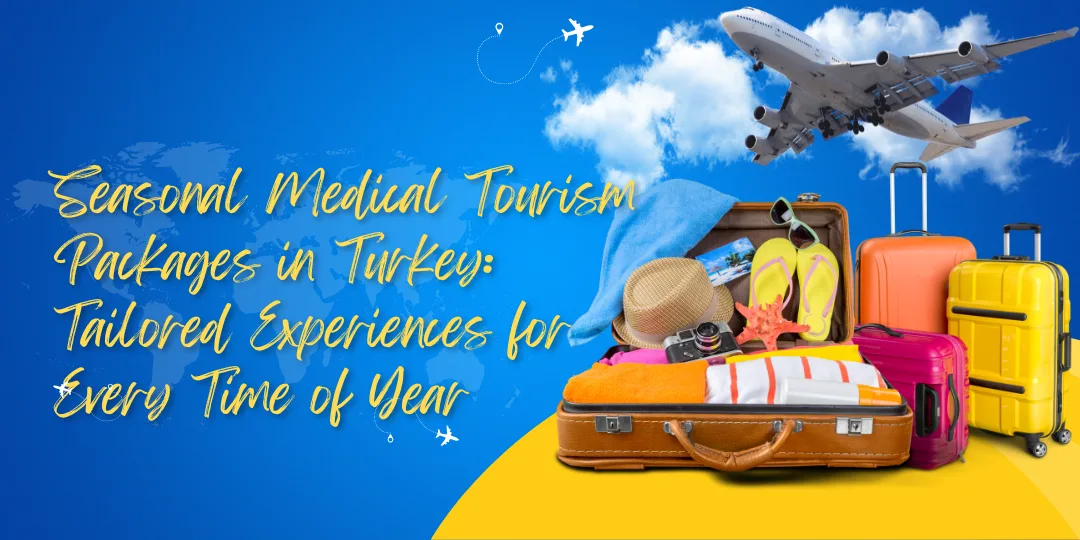


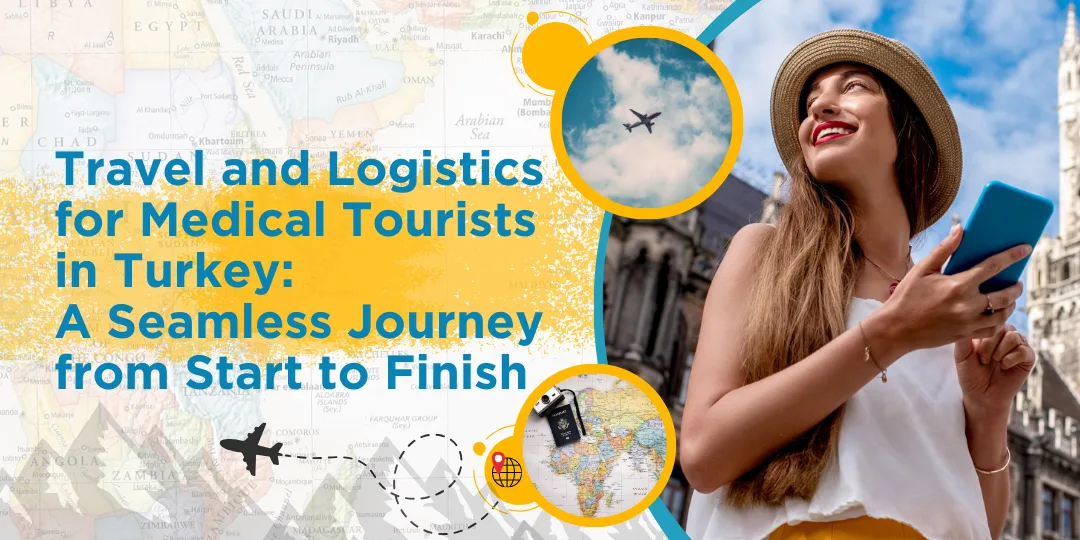
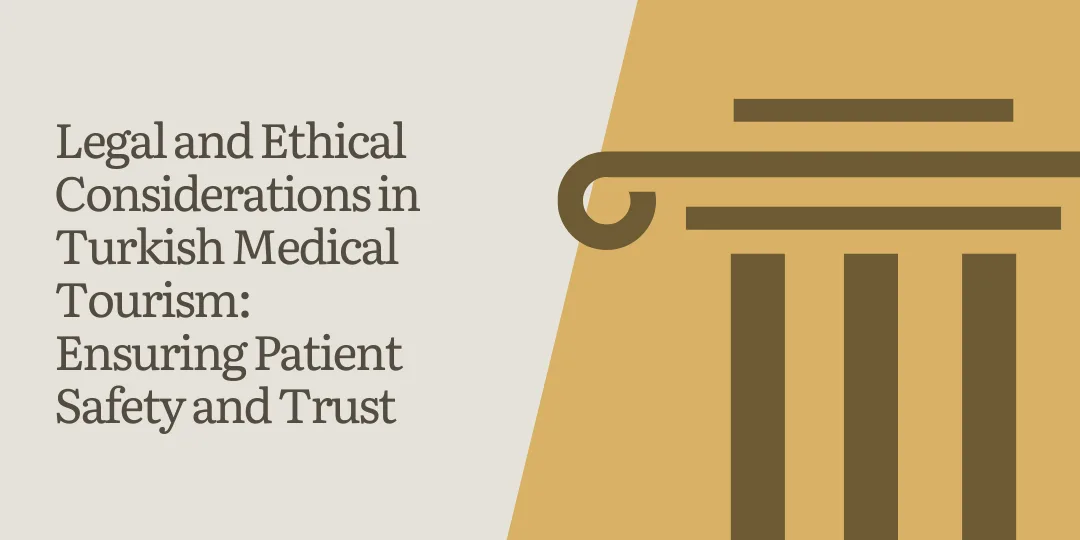


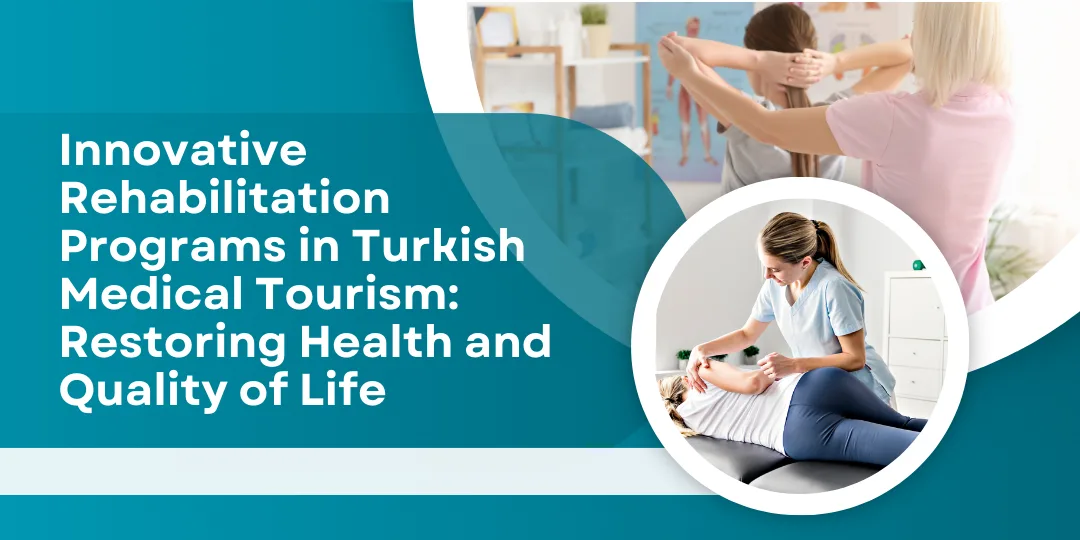
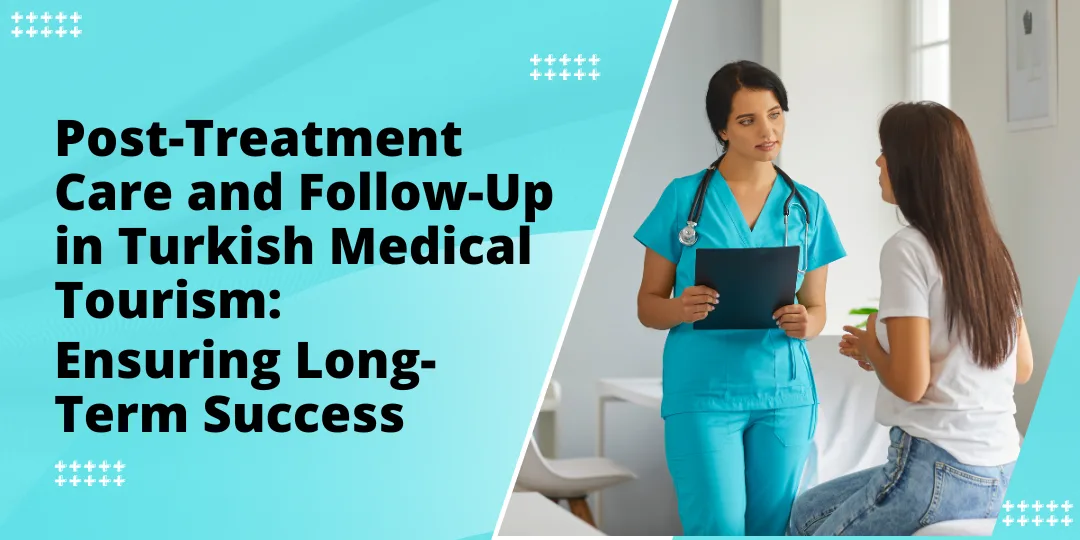
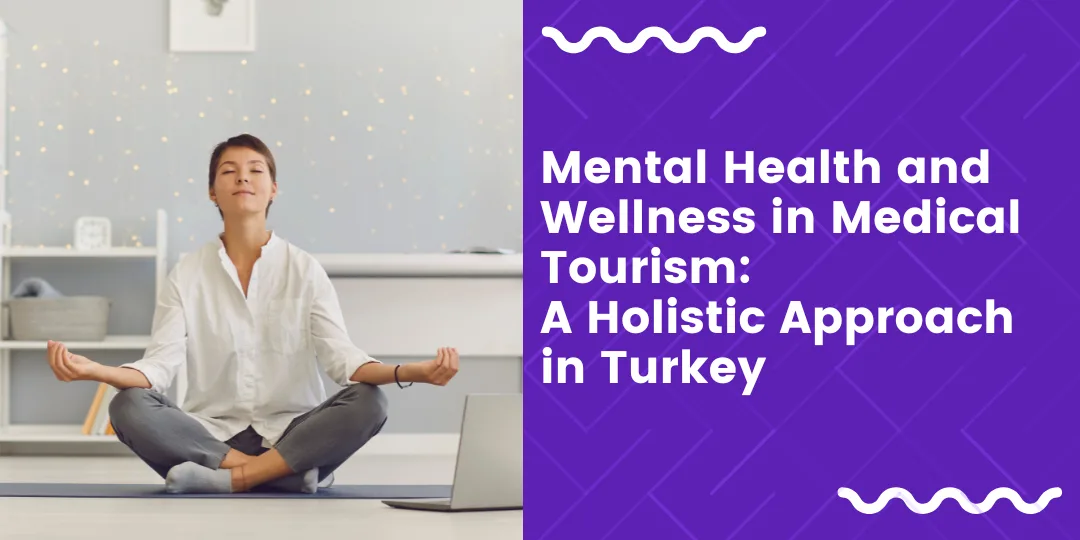
0 Comments